Recycling isn’t just good for the environment, it’s also extremely profitable, if the business is run well. With broader eco-consciousness,house ...
23 Green Business Ideas for Environmental Entrepreneurs
Written by: David Lepeska
David has been writing and learning about business, finance and globalization for a quarter-century, starting with a small New York consulting firm in the 1990s.
Published on July 12, 2022

Looking to help save the world? There are countless eco-friendly business ideas to help you create a greener earth while also making a good living. Besides the obvious ones like solar energy, recycling, and gardening, you could start a sustainable restaurant, or a bikeshare and bike rental business that helps cut down on commuting.
Best of all, eco-friendly businesses are perfectly placed to gain from increasing global concern about climate change: the environmental industry is expected to see impressive 9% annual growth in the years ahead. Almost everybody wants to do their part, especially if you’re able to offer a valuable product or service at a great price.
To get started, check out our list of eco-friendly business ideas below.
1. Composting
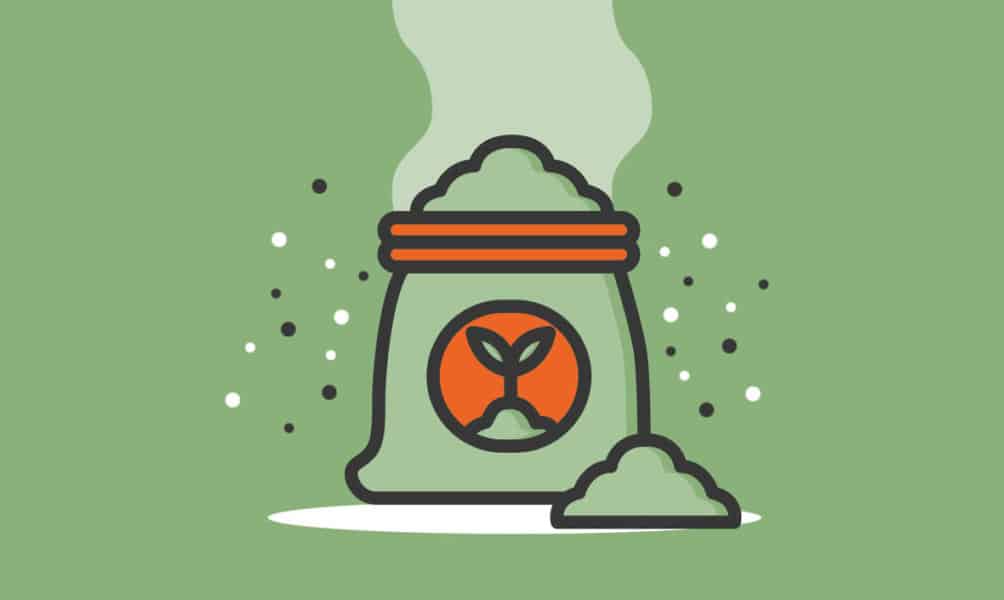
Up to 40% of the US food supply ends up as waste, according to the US Environmental Protection Agency. The government seeks to cut food loss and waste in half by 2030. Some states have banned food waste from landfills while others have required recycling of organic waste. These policies are pushing more Americans to embrace composting, the natural process of recycling organic waste such as food scraps, yard waste like fallen leaves and branches, and other biodegradable materials.
Did you know that composting is not only great for the environment, but can also be very profitable? Starting a composting business could be your ticket to financial freedom. You’ll be helping reduce the country’s carbon footprint and fighting global warming.
Compost, the organic material produced after composting, is an excellent and valuable fertilizer or alternative to soil for growing plants. It’s used in gardens, landscaping, golf courses, and more. If you plan carefully and put in a lot of effort, your composting business can bring serious success.
2. Recycling Business
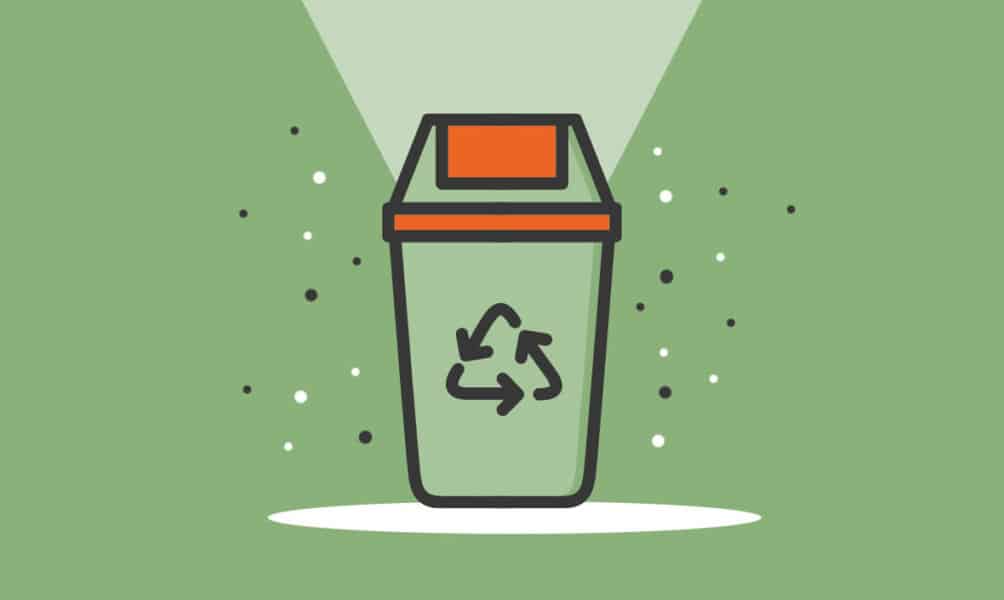
Are you all about going green and saving the environment? Then why not start a recycling business and turn your passion into your livelihood. You could be fighting climate change and making good money at the same time — now that’s a win-win!
Getting started won’t be cheap, as you’ll need a vehicle to collect and transport the recyclables and a sizable processing facility, as well the appropriate licenses. But you should see a relatively quick return on that initial investment as the US recycling industry is worth billions and growing fast. You’ll just need to decide which types of recyclables you’ll focus on, such as collecting glass to melt down into jars.
Before you dive in, you might want to check the recycling rates for your state, as some states are much more profitable when it comes to recycling.
3. Gardening
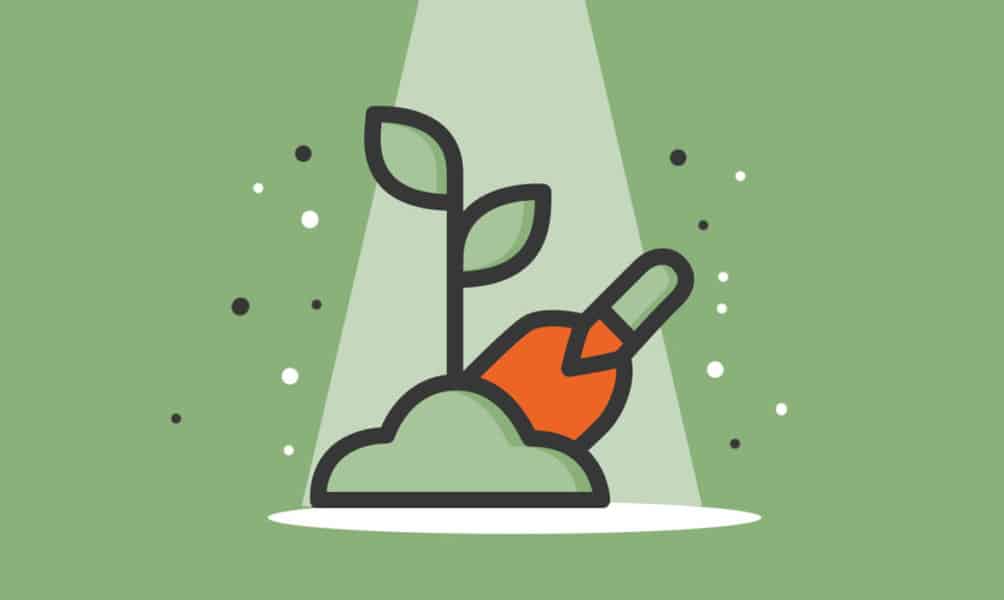
Starting a gardening business is a green and sustainable idea that resonates with the rising trend of indoor gardening and plant care among different demographics, including millennials and baby boomers. This business not only taps into the growing market demand for greener lifestyles but also contributes positively to the environment. By assisting clients in growing their indoor plants, you’re helping to increase carbon absorption, enhance air quality, and promote a healthier indoor climate.
Moreover, these indoor gardening activities offer stress-relief benefits and provide a direct connection with nature, contributing to overall wellbeing.
The beauty of a gardening business lies in its simplicity and low overhead costs. With the possibility to operate from home, this business can leverage both in-person and online platforms for gardening workshops, garden designing, and maintenance services, thereby reaching a broader audience. By understanding market trends and competitor offerings, a gardening business can innovate and provide unique, eco-friendly services to its customers.
4. Craft Business

Starting a craft business is an excellent eco-friendly venture, particularly in light of the recent boom in the arts and crafts industry due to increased time spent at home during the pandemic. The phenomenal growth in this sector, as exemplified by Etsy’s annual revenue growing from 2013 to 2023, underscores the tremendous potential for such a business.
By transforming your creative hobby into a business, you not only provide a unique product offering but also contribute to environmental sustainability by using eco-friendly or recycled materials. Crafting products from recycled materials like hats, T-shirts, or kitchenware significantly reduces waste and lowers the carbon footprint associated with producing new materials.
Crafting provides the opportunity to work on your own terms, expressing your creativity and building a brand that stands for sustainable practices. It’s crucial to identify a niche that aligns with your skills and passion while also filling a market gap.
For instance, creating eco-friendly products resonates with an increasingly conscious consumer base that values sustainable goods. Thus, a craft business could not only tap into the growing market demand for unique, handmade items but also promote environmental stewardship, making it a viable and green business venture.
5. Beekeeping

If you’re thinking about starting your own beekeeping business, you’re in for a lot of hard work, and potentially great rewards. The US beekeeping industry, valued at $624.2 million in 2023, with the market size increasing 1.2% in 2023 compared to 2022. This presents a tremendous opportunity to beekeepers. Bees are essential to global biodiversity because they pollinate flowers, foods and trees that humans and animals need to survive.
They also produce honey, a natural sweetener with medicinal properties. Before you get started, you should know that beekeeping is highly regulated and you’ll need to learn and follow your state’s laws. In addition, you should know about bee Colony Collapse Disorder, which has severely undermined the global bee population in recent years. At the same time, an entire movement has grown up around the issue, meaning that if you launch a beekeeping business there will be a lot of people out there willing to help you succeed. That’s good for the planet — and for your business!
6. Plant Nursery

Do you have a green thumb? Are you passionate about plants and gardening? If so, starting your own plant nursery could be the perfect business for you! The US nursery and garden stores industry has grown steadily the last five years and is expected to reach an estimated $43.2bn in 2024. That’s great news for garden businesses, and for the environment! Also, demand for ornamental plants remained strong during the pandemic as a lot of people in lockdown sought to beautify their homes and outdoor spaces.
Before you start your plant nursery, be sure to think of innovative ways to compete with the big players and take the time learn about your target audience and gain extensive plant knowledge. Also, will you cultivate ornamental plants, herbs, microgreens, or food crops? Finally, get creative in your marketing and social media outreach — highlighting how small nurseries help reduce greenhouse gas emissions, for instance. With a bit of luck, you’ll soon be making good green.
7. Solar Farm

Worried about climate change? There are many ways to help combat it and make a living at the same time, especially after the passage of the massive climate bill in August 2022, which earmarked billions of federal funds for clean energy projects.
That’s good news, because starting a solar farm — a field of photovoltaic panels that absorb energy from the sun and convert it into electricity for the power grid — can cost up to $2 million. But if you have land it’s not that difficult to get started, and solar farms are low maintenance.
They also provide clean, renewable energy, minimize carbon emissions, and reduce electricity bills. You’ll be doing your part for the environment while earning good money.
8. Solar Business

Are you thinking of starting a solar business? If so, you’re in good company. Thanks to the federal government’s new climate bill and established tax incentives, along with greater concern about the environment, the solar industry is booming, and the cost of panels has declined more than 60% in the past decade. There’s probably never been a better time to go solar.
Before you get started you’ll have a big decision to make: will your business sell solar panels, just install them, sell and install, or go in another direction and build an entire solar farm. That last choice is of course the most expensive, and also requires a sizable chunk of land, preferably in a sunny place. Whichever option you choose, you’ll need to meet all the relevant regulations, then you’ll be ready to renew and energize your entrepreneurial journey.
9. Green Grocery Store

Starting a green grocery store taps into the burgeoning supermarket industry, valued at $884.8 billion in 2023, while also addressing the growing consumer demand for eco-friendly and sustainable products.
By focusing on sustainable groceries, you position your business at the forefront of the green movement, offering products that have a lower environmental impact, such as organic, locally sourced produce, and items with reduced or recyclable packaging. This not only caters to environmentally conscious customers but also differentiates your store in a competitive market, providing an innovative edge.
Moreover, an eco-friendly grocery store can adopt a flexible retail format to suit various customer needs. While the core offering could be fresh, sustainable produce, the store could also incorporate additional services like a coffee shop, a pharmacy, or fuel pumps to increase footfall.
Providing convenience is key, hence offering delivery, pick-up services, and ready-to-eat meals can make your store a one-stop solution for customers. Thus, a green grocery store not only promises a potentially profitable business but also contributes to the global effort in promoting sustainable consumption and reducing environmental footprint.
10. Farmers’ Market
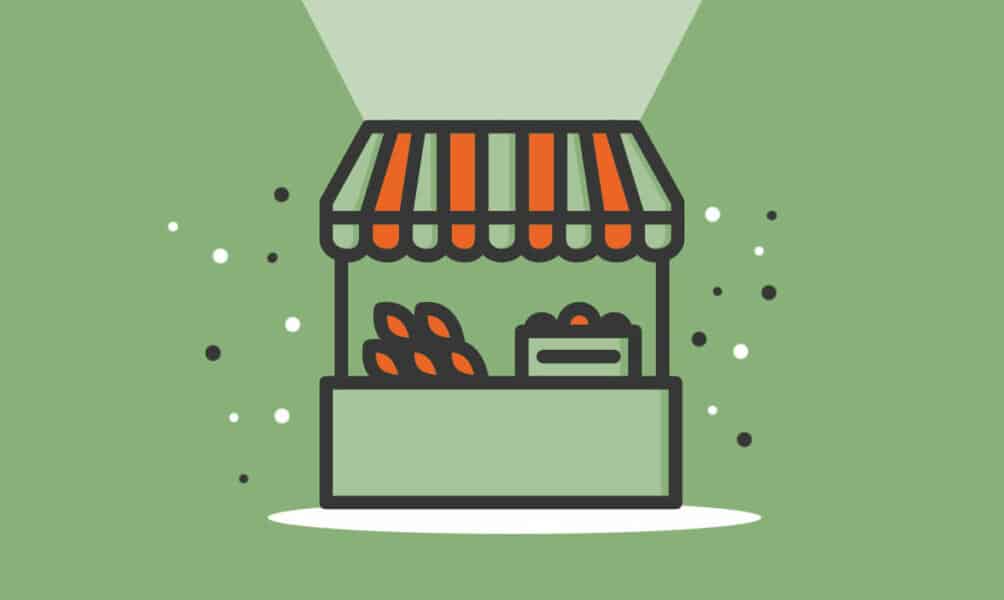
Starting a farmer’s market is an excellent eco-friendly business venture, aligning with the increasing consumer preference for fresh, locally grown produce. This model supports small-scale, sustainable farming practices while providing a healthier and more nutritious dietary option to the community. By giving local farmers a direct sales venue, you eliminate the middleman, ensuring better earnings for these farmers, and foster a local economic ecosystem. Furthermore, this reduces the miles produce travels to reach the customer, significantly lowering greenhouse gas emissions related to long-distance transportation of goods.
The steady rise in the number of US farmers’ markets, surpassing 8,000 in 2019, demonstrates the potential of this business. Whether it’s fresh fruits, vegetables, meats, dairy products, baked goods, or spices, a farmer’s market can offer a variety of booths tailored to local consumer preferences. This versatility can cater to a wide range of customer needs and interests, making your farmer’s market a popular community hub. With careful planning, starting a farmer’s market can be a profitable, satisfying venture that supports sustainability and boosts local economies.
11. Cottage Food

Starting a cottage food business is an excellent eco-friendly business idea, particularly in response to the growing consumer demand for healthier, non-processed foods. By using organic, locally sourced ingredients for your products, you contribute to reducing carbon emissions associated with long-distance transportation of goods and support sustainable agricultural practices, making your business truly green.
The beauty of a cottage food business lies in its simplicity. It allows you to convert your cooking passion into a career, starting small by selling to friends and neighbors and gradually building your local reputation. Your offerings could include a range of non-perishable items like breads, cookies, jams, preserves, and more.
You can leverage your eco-friendly practices in your marketing strategies, emphasizing your commitment to local, organic ingredients. While some states may not require licensing or permits for cottage food businesses below certain revenue thresholds, it’s important to check with local authorities to ensure compliance with regulations. Thus, a cottage food business not only offers a lucrative opportunity but also aligns with environmental sustainability and promotes local economies.
12. Waste Management
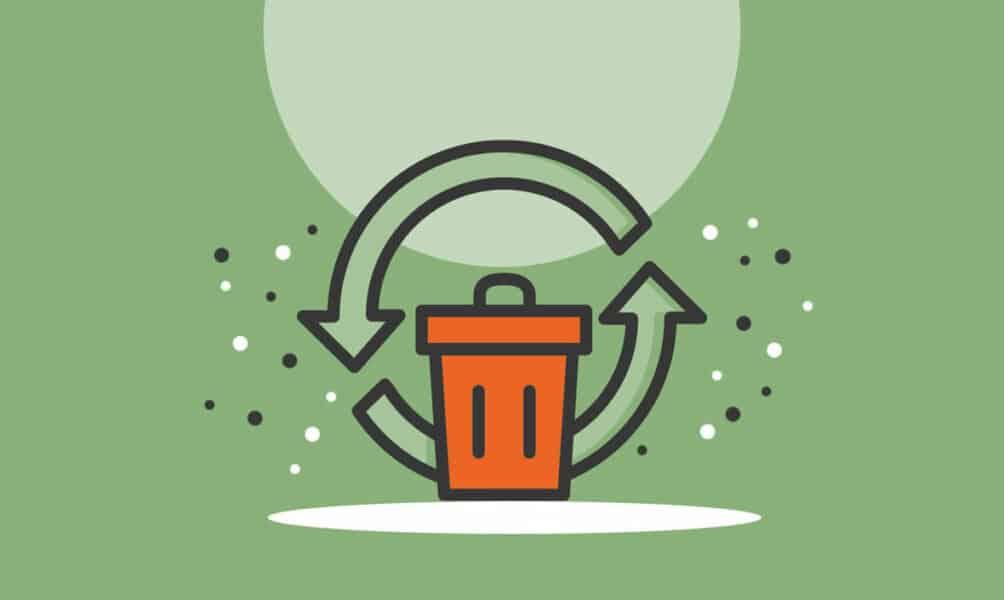
You can make money from garbage and, with the right approach and equipment, help preserve the environment at the same time. The global waste management market is set for rapid growth in the years ahead, expected to be worth more than 1.96 trillion by 2030. On top of that, North America produces more than half of the world’s waste, and environmentally conscious waste removal businesses are in line for significant government funding following the passage of the climate bill in 2022.
If you want to cash in on trash, consider setting up a waste management business in your area. First, decide on a niche market — your best bet will be anything that leans green, such as chemical waste cleanup and removal. Next, be sure to learn and comply with local zoning regulations and licensing requirements and insurance needs.
From there you’ll just need to set up a good processing facility. If you’re prepared and have a clear plan of action, starting a waste management business can be doubly green.
13. Microgreens Farmer
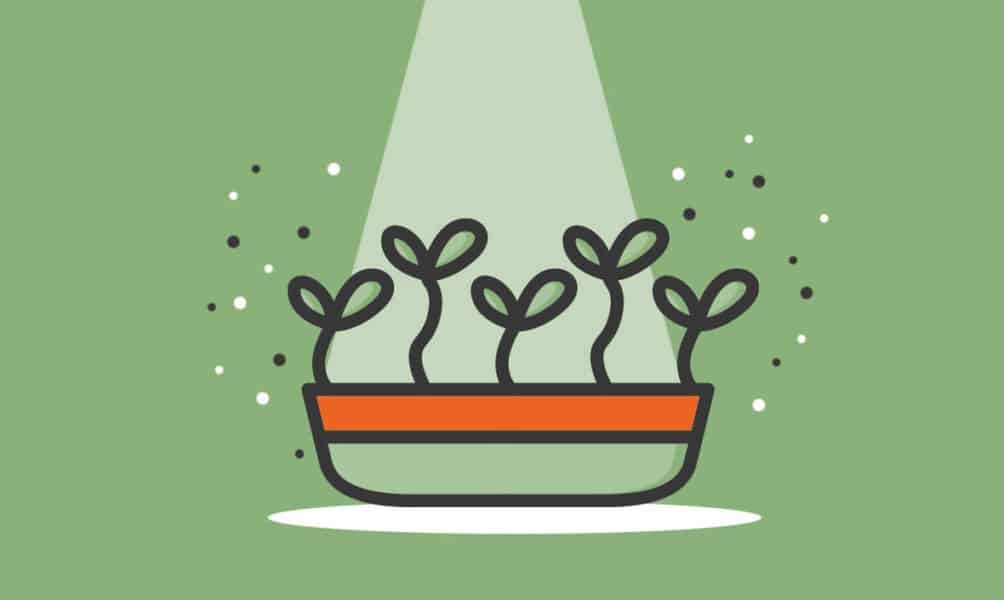
If you’re not familiar with microgreens, they are tiny plants that are harvested soon after they germinate. People appreciate them for their soft texture, strong flavor, and health benefits, and in recent years they have become big business!
The global microgreens market is expected to expand more than 60% by 2028. You could ride this wave, make good money and be eco-friendly by starting your own microgreen business. There are many plants to choose from, including arugula, kale, red cabbage, wheatgrass and pea shoots. Since they don’t need much space, you could even grow them in your home or yard, helping reduce greenhouse gases.
You’ll want to devise a strong marketing plan and build an appealing website to let people know about your plants, their prices, and the great benefits — to people and to the planet. Back in the day, microgreens were only used in salads, but today they might appear as drink garnishes, in juices and smoothies, on pizzas, and more. So once your first harvest is ready, start reaching out to consumers, restaurants and cafes and you’ll soon be seeing green.
14. Landscaping

Starting a landscaping business, especially one focused on green practices and sustainability, is an excellent eco-friendly venture, particularly with the steady growth observed in landscaping and lawn care sectors, driven by the recent real estate boom.
This business not only enables you to harness your passion for outdoor work and yard maintenance, but it also contributes to environmental well-being. By offering services such as garden design, tree planting, and maintenance, you can help create green spaces that enhance biodiversity, improve air quality, and promote the overall health of local ecosystems.
A landscaping business offers the flexibility to cater to various markets, including residential and commercial customers. Acquiring landscape design and maintenance skills is essential, and programs like the national landscapers’ apprenticeship launched by the US government in partnership with the leading landscapers’ association can be helpful.
Additionally, investing in quality equipment and a reliable truck would be vital for operations. To attract clients, a well-designed website and strong marketing initiatives can effectively showcase your services and commitment to green practices. So, a landscaping business not only provides a potentially profitable enterprise but also supports environmental sustainability, making it a fulfilling and eco-friendly venture.
15. Tea Business

Starting a tea business is a brilliant eco-friendly business idea, especially considering the increasing popularity of tea as a global beverage. This venture offers a unique opportunity to tap into a rapidly expanding market while also prioritizing sustainability and fair trade practices.
By ensuring that your tea offerings are sustainably cultivated and workers involved in their production are fairly compensated, you align your business with environmental stewardship and ethical commerce, which can significantly appeal to the growing base of conscious consumers.
Choosing a niche focused on fair trade and sustainability can set your tea shop apart from competitors, providing customers not only with a diverse range of tea varieties but also a clear conscience about their purchases. Securing an appealing physical space or setting up an online store, along with obtaining necessary permits and licenses, are essential steps.
Then, effective marketing strategies can help you reach potential customers and emphasize your commitment to eco-friendly practices. Thus, a tea business not only presents a potentially profitable opportunity but also allows you to make a positive impact on the environment and communities involved in tea production.
16. Nutrition Business

Launching a nutrition business is an excellent eco-friendly venture, particularly with the rising demand for dietitians and nutritionists and the growth in the billion-dollar human nutrition market. This enterprise can cater to the increasing health consciousness among consumers, and the surging interest in dietary supplements.
Moreover, by promoting organic and locally-grown produce, along with other sustainable foods, your business can significantly contribute to climate change mitigation by reducing emissions associated with long-distance transportation and industrial-scale farming.
This business allows multiple avenues, including providing outsourced services to healthcare facilities or establishing your own nutrition center. Choosing a niche, such as dietary supplements or infant nutrition, can give your business a clear focus and appeal to a specific customer base.
If you align your business with environmentally friendly practices, like advocating for sustainable foods, you not only bolster public health and earn profit, but also contribute positively to the environment. Therefore, a nutrition business presents a multifaceted opportunity that is financially rewarding, socially beneficial, and environmentally responsible.
17. Dry Cleaning

Starting a dry cleaning business presents a valuable eco-friendly business opportunity, especially as the world recovers from the pandemic and the demand for professional clothing care is on the rise. This sector, with an estimated value of $8 billion, is expected to experience substantial growth, and your business can be part of this resurgence while emphasizing sustainability and reducing environmental impact.
The trend towards green, sustainable dry cleaning methods opens a niche market for businesses that prioritize health and environmental preservation. Traditional dry cleaning often employs perchloroethylene (Perc), a toxic substance and potential carcinogen.
However, eco-friendly alternatives exist, such as wet cleaning using halogen-free solvents, and K4 cleaning, which utilizes a biodegradable, corn-based solution. By opting for these safer cleaning methods, your business not only caters to the rising demand for dry cleaning services but also fosters environmental sustainability and protects public health.
Thus, a green dry cleaning business offers an eco-friendly service that is not only potentially profitable but also contributes positively to society and the environment.
18. Green App

Developing a green app is an excellent eco-friendly business idea, aligning with the surge in digital technology and increasing global consciousness about environmental sustainability. Green apps cater to a broad spectrum of needs and interests, including energy conservation, carbon footprint tracking, and promoting sustainable lifestyles. As more people embrace digital solutions for daily life and express a willingness to contribute to environmental preservation, the potential for green apps to make a substantial impact is tremendous.
Green apps can serve as powerful tools for eco-awareness, data tracking, and behavior modification. For instance, an app could offer features to calculate and monitor a user’s carbon footprint, provide tips on reducing waste, or offer sustainable alternatives for common goods. Incorporating gamification elements can encourage user engagement and foster a sense of community among app users.
Moreover, the rise in remote working and digital nomadism offers a ripe market for apps that aid in managing remote energy use or promote digital sustainability. Developing a green app not only creates a profitable venture but also contributes to the global effort to mitigate climate change and foster sustainable practices.
19. Scooter Rental

Initiating a scooter rental business presents a great opportunity for an eco-friendly venture, especially in the era of shared micro-mobility and conscious efforts towards reducing carbon emissions. Scooters, particularly electric ones, provide a green alternative for urban transportation, contributing significantly less pollution compared to cars.
Furthermore, they offer a practical solution to the problem of the “last mile” in commuting, bridging the gap between public transportation stops and the traveler’s final destination.
The growing adoption of shared transportation systems, coupled with advancements in technology, make scooter rental businesses increasingly viable. You could utilize a smartphone app for bookings and payments, making the process seamless and convenient for the user.
Moreover, integrating features like GPS tracking and automatic locks can enhance security. Thus, a scooter rental business not only aligns with the global trend towards greener transportation options, but also taps into the technology-driven, convenience-seeking market, making it an innovative, eco-friendly, and potentially profitable venture.
20. Bike Rental

Starting a bike rental business is an excellent eco-friendly business idea that is both sustainable and profitable. The rising consciousness of environmental issues and the desire for healthier lifestyles are driving a growing demand for cycling. Bikes, especially those of the electric variant, provide a green and efficient alternative for daily commuting, reducing traffic congestion and contributing significantly less pollution compared to motor vehicles.
Your bike rental business can serve both daily commuters seeking a green and cost-effective mode of transport and recreational cyclists exploring local trails or tourists enjoying sightseeing. Furthermore, the integration of digital technology, such as mobile apps for booking and GPS for navigation, can significantly enhance the user experience and operational efficiency.
As such, with careful planning and strategic marketing, a bike rental business can succeed in not only generating income but also promoting sustainable transport, contributing to a healthier environment and community.
21. Greenhouse Business
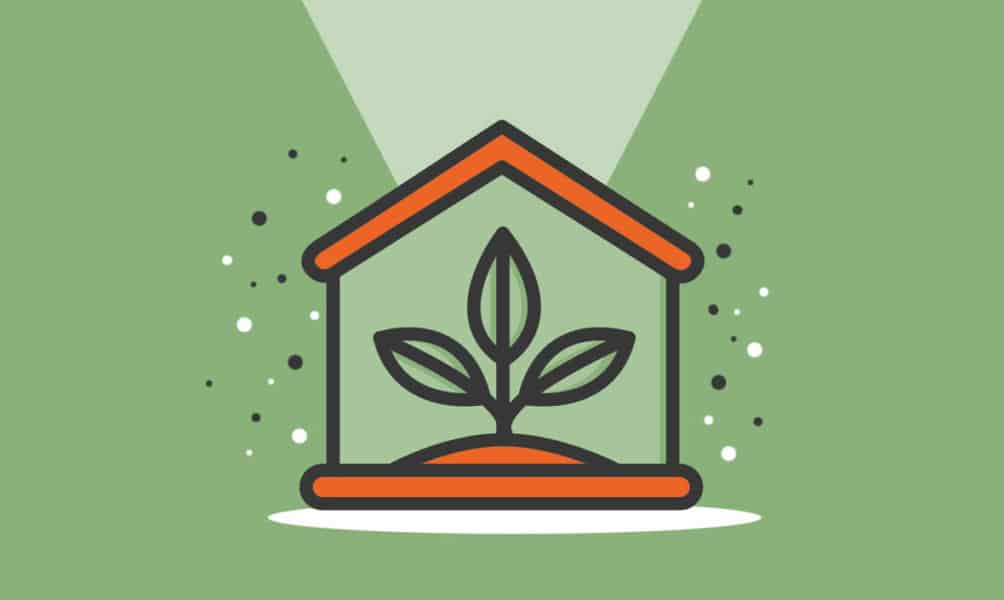
For a long time, greenhouse seemed like relics of a bygone age. But as weather becomes more unpredictable and people look to take greater control of what they eat, greenhouses are suddenly popping up like weeds! The global greenhouse industry is expected to more than double in the coming years, topping $3 billion.
You could start your own greenhouse business and help people build the green sanctuary of their dreams while supporting nature and riding the market boom to major profits. You’ll need to have some understanding of greenhouse construction and some farming or gardening experience.
But if you’re a green thumb you should have no trouble finding, and could end up building more greenhouses than you can count.
22. Farm

Starting a farm is a viable and eco-friendly business idea that aligns with the rising consumer preference for locally sourced, organic food. The desire to promote better health and reduce environmental impact has contributed to the growth of sustainable farming. With consumers willing to pay a premium for organically grown, pesticide-free produce, farming offers both a profitable and environmentally conscious business opportunity.
Moreover, a farm business allows you to adopt eco-friendly practices, like using renewable energy sources, managing water efficiently, and implementing regenerative farming practices that improve soil health and biodiversity.
Additionally, by selling your produce locally, you reduce the carbon footprint associated with long-distance transportation of food. Consequently, starting a farm can be rewarding in terms of contributing to sustainability, improving local food security, and fostering a closer connection with your community, all while generating a steady income.
23. Botanical Garden
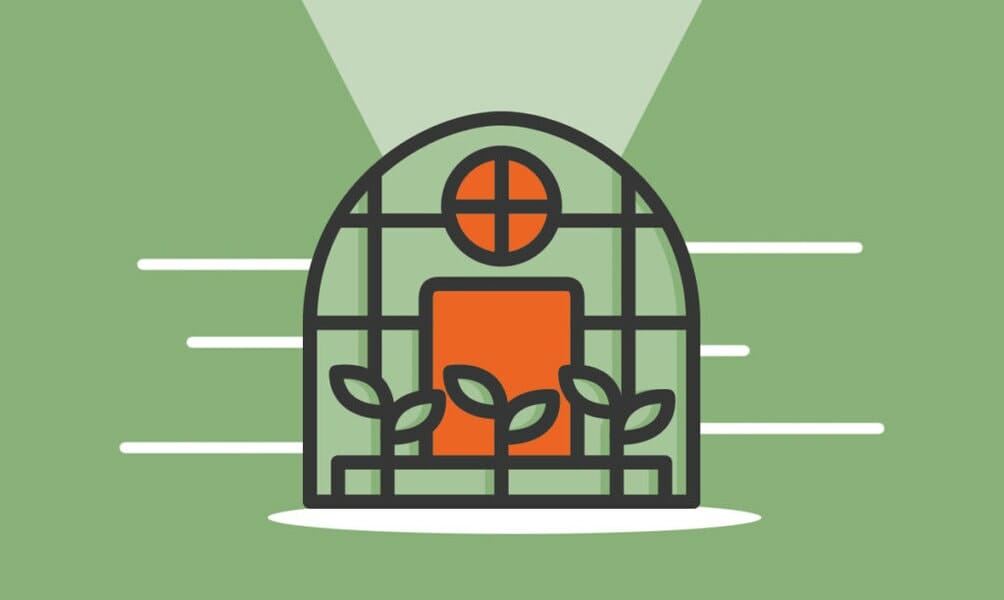
Starting a botanical garden is a sterling representation of green, eco-friendly business ventures. At its core, a botanical garden is a preservationist’s dream, conserving diverse plant species, some of which might be rare or endangered. By cultivating these species, the garden plays a pivotal role in conserving biodiversity and promoting ecological balance.
Moreover, the sustainable practices inherent in managing such gardens—like rainwater harvesting, composting, and using organic pest control methods—serve as a benchmark for other businesses, showcasing how operations can harmonize with nature rather than disrupt it.
Beyond conservation, a botanical garden embodies the principles of environmental education and awareness. Visitors not only revel in the beauty of the flora but also become informed about the importance of plants in our ecosystem and the need for their preservation. Such gardens become a living testament to the idea that businesses can be both profitable and environmentally responsible.
Subscribe to Our Newsletter
and gain insider access to cutting-edge business insights and trends.
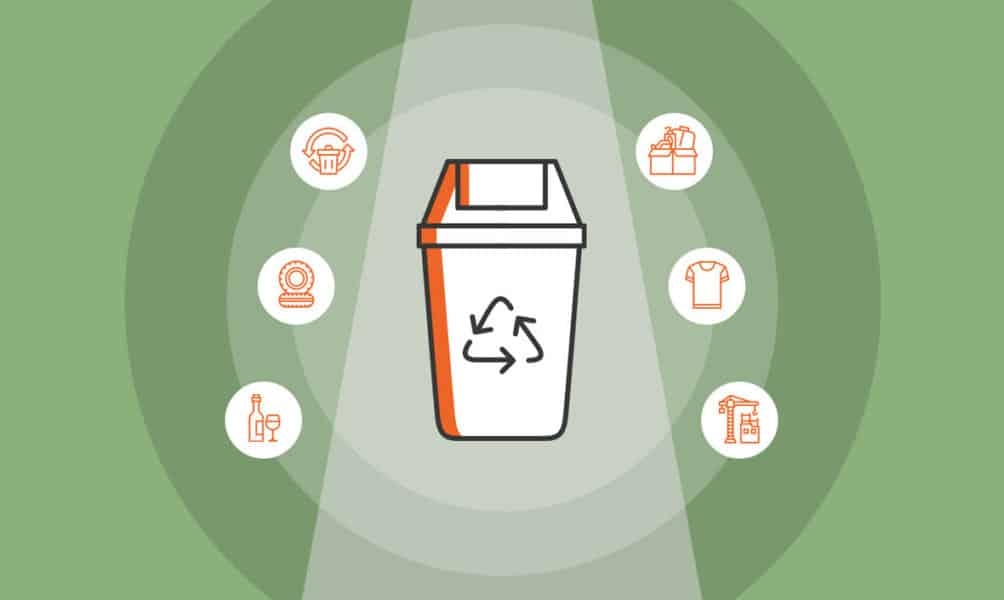
Comments